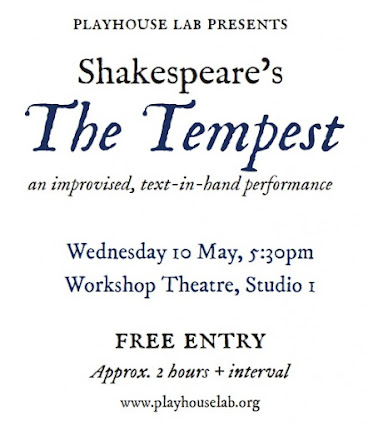The 'to come' in post 9/11 British cinema: Sally Potter's "Yes"
We are happy to announce a Quilting Points Seminar will take place at 5:30 on Monday 9th May 2011 in the Douglas Jefferson Room at the School of English, University of Leeds. Dr Natalie Diebschlag (Leeds) will be presenting a paper entitled "The 'to come' in post 9/11 British Cinema: Sally Potter's Yes". All are welcome.
The to come in post 9/11 British cinema: Sally Potter's Yes
Written in immediate response to 9/11 and released in the UK shortly after the London bombings in 2005, Sally Potter's film Yes portrays the romantic encounter between a Lebanese surgeon and an Irish-American embryologist in London, Beirut and Cuba. Yes is a statement of hope and a plea for unconditional hospitality which avoids didactic undertones and instead dazzles by its stylised use of language and its unconventional cinematography: the dialogues are written in iambic pentametre and the visual grammar evokes the Joycean stream-of-consciousness. Framed within Jacques Derrida's concept of invention, my paper argues that it is the formal experimentalism – rather than an explicit political statement – which makes Yes radically political and ethical. According to Derrida, invention, by breaching the borders of a given aesthetic tradition, does nothing less than invent a new community. Although such a community as it comes into being through art can never become a reality, let alone an official political programme, its differential relation to empirical geopolitics prevents the closure of hegemonic structures and opens history to what Derrida has called the to come. Focussing on the film's representation of Cuba as “the memory of a hope” and the human body as a site where metaphysical hierarchies disintegrate, I suggest that Yes adds a further layer of inventiveness: inscribed in the theoretical experience of deconstruction as a chapter in philosophy, it allows us to explore the logic and poetics of Derrida's own writing strategies. In addition, I argue that in today’s global conflict Derrida’s legacy develops its full political potential when translated into artistic practice.
Natalie Diebschlag recently completed her PhD at the School of English at the University of Leeds, where she is editorial assistant at Moving Worlds: A Journal of Transcultural Writings, taught on several modules, was co-organiser of an interdisciplinary conference entitled “Art and Power” as well as co-organiser of a fortnightly seminar series on Australasian cinema. She is now tutor at the University of York and Leeds Metropolitan University. Her PhD focused on selected writings by Michael Ondaatje and Jacques Derrida in terms of a countersigning dialogue between theory and literature and her current interests explore artistic creations of subjectivity in liberal and advanced democracy. Natalie has worked as academic translator and her publications include “Spectral encounters: Divisadero and the ethics of reading” (Moving Worlds, 10:2: 2010)



Comments
Post a Comment